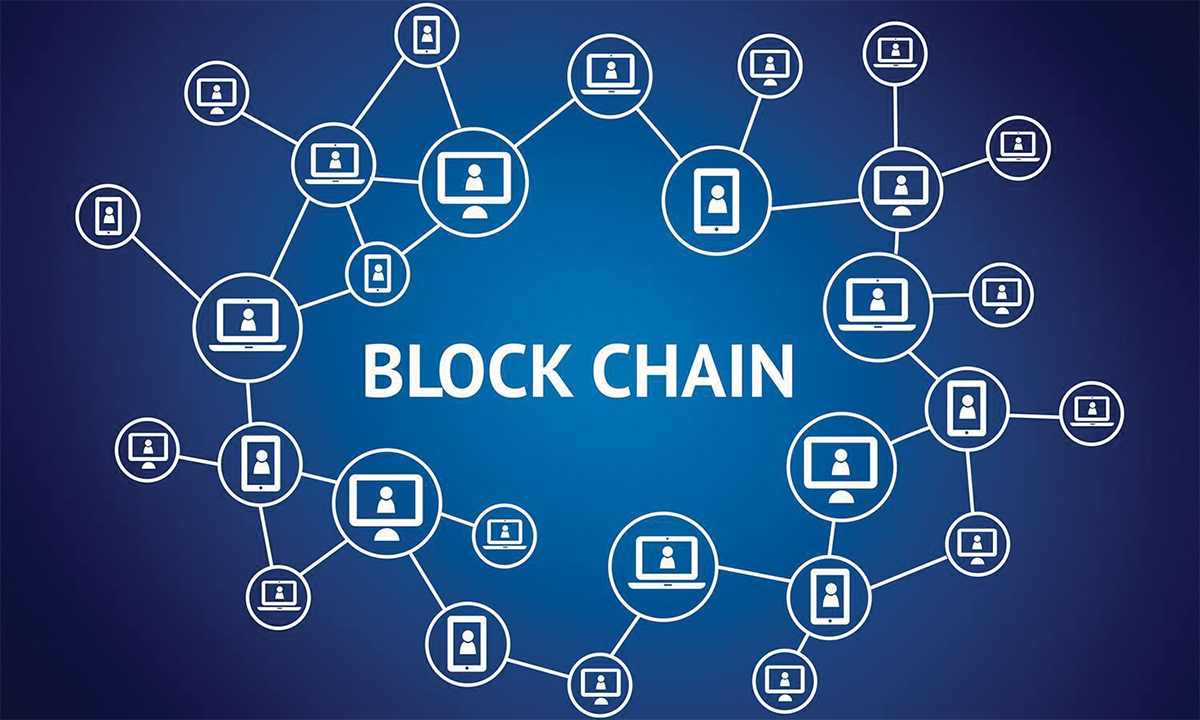Blockchain technology has proven to be an innovator in many fields including finance, to supply chain administration because it provides a decentralized, secure and transparent system for transactions. One of the most important aspects of blockchain technology that is revolutionizing the industry are the tokenization.
Tokenization is the term used to describe the process of turning real-world assets like physical items, currencies or even intellectual property in digital currency that may be kept as well as traded and transferred via the blockchain.
What is Tokenization?
Tokenization, in its simplest is the process of converting ownership rights and rights that are that are associated with digital or physical assets into the form of a digital asset that can be found on the blockchain.
The tokens then become tradeable as well as transferable and usable in the blockchain network. In contrast to traditional systems that typically involve intermediaries such as brokers or banks blockchain lets tokenized assets be traded directly between people without the need of an intermediary that is trusted.
Types of Tokens in Tokenization
Security Tokens They are tokens that symbolize ownership of an asset, for example bonds or equity.
non-fungible tokens (NFTs): These unique tokens symbolize ownership of an object, like artwork, artifacts as well as intellectual property. Each NFT is distinct, unlike the other cryptocurrencies like Bitcoin or Ethereum that are fungible.
The Role of Blockchain Technology
Tokenization has played a crucial role in opening up new possibilities to use blockchain technology.
It allows real-world assets to enter the digital realm and provides new ways that allow for Asset management, investment as well as ownership that were previously not available. Below are some ways that tokenization is changing blockchain technology:
- Democratizing Investment and Ownership
One of the major effects of tokenization is its possibility of democratizing access to opportunities in investment. Traditional investments typically require large amounts of capital, which makes it difficult for people to gain access to specific markets.
By tokenization, valuable assets like real property, art, stocks, or commodities can be reduced into smaller tokens that can be traded that allow any person with a digital wallet the opportunity to make investments in fractional ownership.
- Enhancing Transparency and Security
Blockchain technology is renowned by it’s transparency and its ability to enhance the transparency of transactions by allowing each transaction involving tokenized assets to be stored on an immutable blockchain. This guarantees all ownership details and the transfer history of assets are open to the public and cannot be changed or altered.
- Increased Liquidity
Tokenization brings the possibility of liquidity to markets previously inaccessible. Traditional assets, like real estate, could take years or even months to sell.
- Reduced Costs and Increased Efficiency
Tokenization facilitates transactions between peer to peer transactions, which eliminates any need to use intermediaries such brokers, banks or custodians. In addition the use of blockchain technology ensures automatized procedures by using the use of smart contracts which further improve efficiency.
- Opening New Markets and Asset Classes
The tokenization process allows for the development and AI blockchain development of market in addition to assets that were previously not accessible. As the increase in the number of tokenized assets as will opportunities for possibilities for investment open to institutional and private investors.
These new markets provide unique opportunities for entrepreneurs and investors seeking for ways to broaden their investment portfolio, and access previously untapped markets.
- Enabling Cross-Border Transactions
Tokenization enables worldwide and trans-border transaction without the necessity of traditional intermediaries. This is crucial for those who conduct international investment or trade because it eliminates the need for foreign currency conversions or long international money transfer.
Real-World Applications of Tokenization
The use of tokens is already having an impact on a range of industries. A few examples of tokenization-related applications include:
- Tokenized Real Estate
This allows everyone to access real estate and allows for the fractional ownership of costly properties and other assets.
- Tokenized Art
This is especially beneficial for investors who want to be part of the art market, but are unable to afford to purchase full ownership of valuable artworks. Platforms like Maecenas allow art buyers to purchase or sell shares in fractional amounts of tokenized art.
- Tokenized Stocks and Bonds
This provides greater liquidity to traditional markets that are illiquid and facilitates easier fractional ownership.
- Tokenized Commodities
Platforms such as Vakt or Comgo use tokenization to facilitate commodities trading by eliminating the need for paperwork speeding up transactions.
- Gaming and Digital Assets
In the gaming sector, tokenization has helped create a market for games’ digital collectibles, assets, and virtual products. Games such as Decentraland and Axie Infinity let players purchase, sell, and trade virtual assets using blockchain-based tokens.
Challenges and Future of Tokenization
Although tokenization can provide many advantages but there are some issues to take into consideration:
Legal Compliance: The legal structure for tokenization is developing, and companies need to be sure they are in compliance with national laws as well as global regulations while distributing security tokens.
security risks Although blockchain provides increased security however, tokenized assets remain vulnerable to theft, fraud as well as technical issues. The security of wallets, private keys as well as smart contracts is vital for safeguarding the assets of users.
Market Acceptance The success of tokenization is contingent on the readiness of the industries and regulators to adopt this revolutionary technology. The rate of adoption will differ across different industries and regions.
Conclusion
Tokenization is playing an integral role in the transformation of blockchain technology. It has the potential to transform investing, increasing market liquidity and facilitating global seamless transactions.
Through the use of blockchain, tokenization can open new possibilities for innovations and challenges traditional systems. Companies and startups who embrace tokenization will be able to stay ahead of the pack, improve their processes, and open more opportunities for investors and customers.





